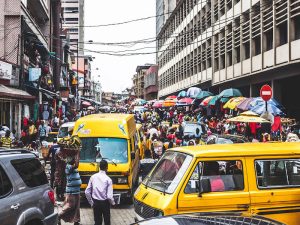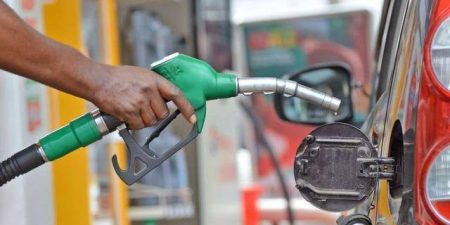
Abuja — Nigeria has approved a total of 180 billion naira ($235 mln) for its 36 states to procure rice and maize to cushion the effects of food shortages across the country and hardship caused by reforms, Borno state governor Babagana Zulum said on Thursday.
President Bola Tinubu has embarked on Nigeria’s boldest reforms in decades, including scrapping a popular but costly petrol subsidy and devaluing the naira, a move he hopes will boost growth.
But the actions have stoked inflation which climbed to an 18-year high in July. Food prices have soared due to widespread insecurity, flooding in farming areas, a weaker currency and higher transport cost, worsening a cost-of-living crisis in the country.
Nigeria will release its second-quarter growth data on Aug. 25, the first after Tinubu initiated reforms.
Zulum said 5 billion naira will be given to each state as partly a grant and a 2-year loan to buy 100,000 trucks of rice and 40,000 trucks of maize, he said after a National Economic Council (NEC) meeting headed by the vice president in Abuja.
“NEC … expressed serious concerns regarding increasing costs of food items, increasing costs of transportation, amongst others as a result of subsidy removal,” Zulum told reporters.
Tinubu is under pressure from unions to offer relief to households and businesses. Labour unions have criticised his ending of the fuel subsidy without measures to mitigate rising prices.
Last month, Tinubu announced a 500-billion-naira package to boost employment and directed the release of more than 200,000 metric tons of grains to families to ease hardship.
Tinubu has said subsidy savings will be used to set up a fund to build infrastructure. The government plans to deploy mass transit buses powered by natural gas and electric vehicles with charging points in Nigeria to reduce transport cost.
($1 = 766.47 naira)
*Felix Onuah, Chijioke Ohuocha; Editing: Chizu Nomiyama – Reuters



